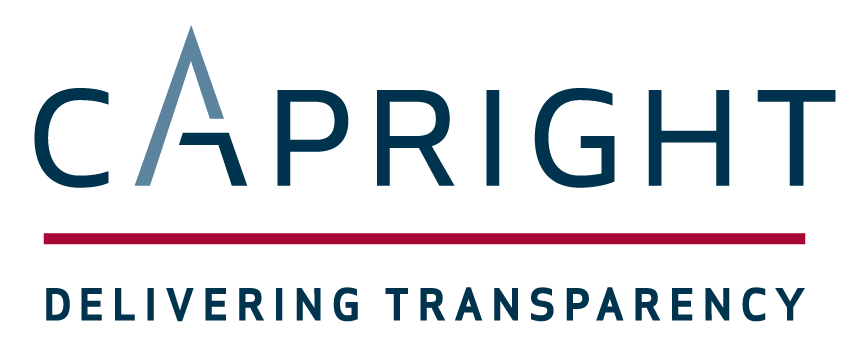The Case for a Third-Party Valuation Provider
julio 12, 2022
The SEC’s increased scrutiny of valuations for private REITs is a double-edged sword. On the one hand, investor protection enhances market confidence. On the other, more stringent regulations increase the compliance workload.
Not surprisingly, credible asset valuations are high on the SEC’s compliance agenda. With no tradeable market, SEC rules require funds to set up valuation committees to oversee the valuation process. Specifically, among other requirements, committees must ensure that:
- Underlying assumptions and approaches to value are appropriate;
and
- The valuation addresses the material risks associated with its conclusions.
Any lack of transparency or worse, misstatement or misrepresentation of asset values, is likely to trigger negative SEC intervention.
Faced with the challenge of making in-house valuations compliant, asset managers are increasingly turning to third-party providers. This not only adds bandwidth to the investment team, but removes any perception of conflict. Most managers agree that the additional costs are more than covered by increases in efficiency and the greater credibility that comes with independent valuations.
Once the decision to outsource has been made, selection is based on the experience and reputation of a provider within the sector as demonstrated by industry references and a proven history of positive performance. The best providers will streamline audit and reporting using proprietary technology to capture relevant compliance and performance data.
Article co-authored by:
Steve Williams, Non-Executive Director
Jay Marling, CEO & Managing Principal




